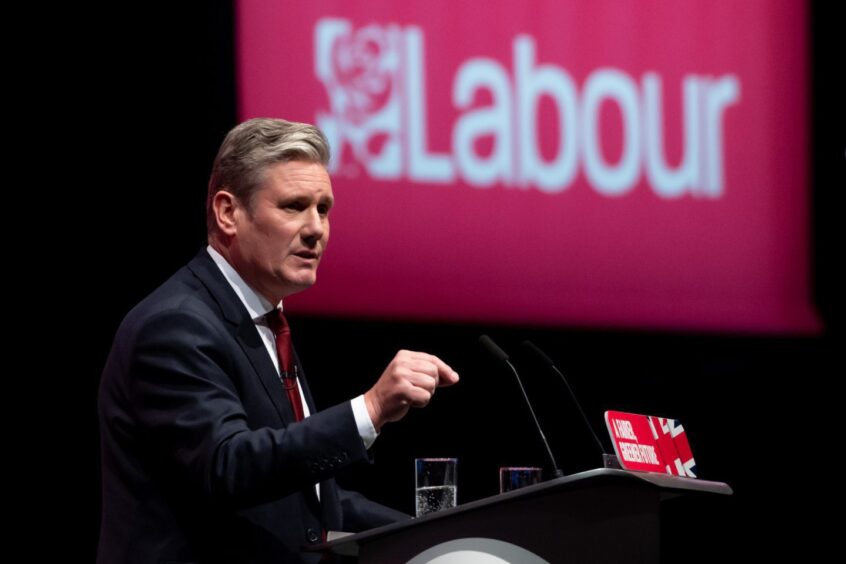
There has been significant attention paid over the past few months to oil and gas taxation in the UK, following Labour’s announcement regarding its intentions for oil and gas taxation, should it form the next UK government.
In summary, Labour has announced plans to: (a) extend the Energy Profits Levy (EPL) the ‘windfall tax’ introduced in 2022 on UK upstream oil and gas producers to 2029; (b) increase the rate from 35% to 38% (taking the headline tax rate to 78%, the same as Norway); and (c) remove what it sees as ‘loopholes’ in the application of EPL, to increase the tax take.
Since the Labour announcement, the current Conservative UK Government has announced an extension of the existing EPL regime by one year to March 2029, the second extension to the original EPL tax.
The ‘temporary windfall tax’ will thus be applying for at (at least) 7 years, long after the windfall price conditions arising from the outbreak of war in Ukraine have abated.
The additional tax rate was also previously increased from 25% to 35%, the cumulative effect of which has been the perception of significant fiscal instability in the UK and a resultant lack of investor confidence.
In March Harbour Energy, the UK’s biggest producer of oil and gas, announced its results for 2023.
As a result of EPL (and the manner in which it treats decommissioning costs) Harbour announced that it was subject to an effective tax rate of 95%. Anecdotally, we are aware that some UK production companies have an effective tax rate of over 100%.
Oil and gas projects often take several years to get from discovery, through to project sanction and then first oil.
To take Rosebank as an example, the field was first discovered in 2004, was approved for development late last year and first oil is expected in late 2026.
Oil and gas investments – whether developments of new fields, or acquisitions of existing assets or production companies – are ultimately valued based on the estimated post-tax cash flows.
The UK was once viewed as a stable and predictable jurisdiction for oil and gas investors.
However, investors are currently faced with uncertainties over the duration of EPL, the tax rate, the availability of investment allowances and the treatment of costs in the calculation of EPL (which will impact the effective tax rate).
Labour’s lead over the Conservatives in opinion polls is averaging around 19%. The perceived high likelihood that Labour will form the next government, and thus that Labour’s announced policies will become law, means that Labour’s proposals are already being ‘priced-in’ to North Sea investment decisions.
In this political environment, it is likely that new projects will be postponed or cancelled and previously announced investments will be reviewed.
This will have a negative impact on the wider supply chain, and, in the absence of further Government support, potentially also the energy transition and the UK’s net zero ambitions as a result of both the impact on the service sector and workers.
In the upstream acquisition and disposals market, even before the recent announcements buyers and sellers were struggling to agree on valuations.
Valuations of oil and gas fields (and companies) depend on forward views of costs and income, and a key feature of recent transactions has been the presence of significant contingent consideration in deal structures – for example, the buyer paying a premium at a further point in time once profits have become clear, or potentially a payment made to the buyer if circumstances change.
For some transactions – particularly those with high anticipated capital commitments – the potential impact of the different tax scenarios is significant, in some cases turning an “asset” into a “liability”.
Buyers and sellers will, together with their advisors, require to find further imaginative solutions to these valuation difficulties, which is no easy task given the increasing number of variables to such valuations. As ever, creativity will therefore be critical.
Recommended for you
